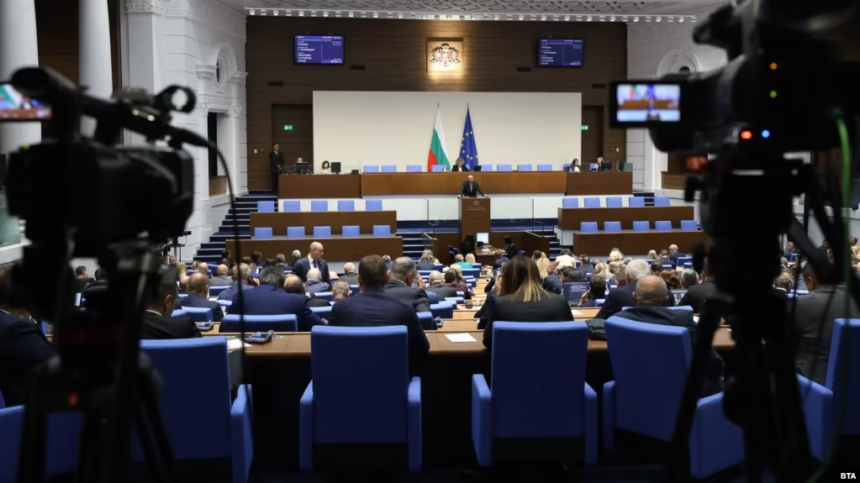The Bulgarian Parliament has overturned President Rumen Radev’s veto and reapproved controversial amendments that allow the state to take control of Russian company Lukoil’s assets in Bulgaria — a move critics warn could open the door to political abuse and corruption.
The law, adopted on November 13, gives a state-appointed “special administrator” sweeping powers over the property and operations of Lukoil and other Russia-linked companies. The administrator will even be able to sell assets without judicial oversight, effectively placing them beyond the reach of Bulgaria’s courts.
A Law Born Out of Sanctions — and Political Opportunism
The emergency amendments were initially passed last week in response to U.S. sanctions imposed in late October on Lukoil and other Russian entities over Moscow’s ongoing war against Ukraine.
Backed by the ruling coalition parties — GERB, DPS-New Beginning, BSP, and ITN — the legislation is scheduled to take effect on November 21, applying to all companies connected to the Russian oil giant that have major roles in Bulgaria’s fuel production and storage sector.
President Rumen Radev vetoed the bill, warning that the amendments “undermine the rule of law, contradict fundamental European legal standards, and pose a high risk to public finances.”
Despite these warnings, the parliament pressed ahead, highlighting a deepening political divide in Sofia between pro-Western reformists and oligarchic networks accused of exploiting anti-Russian sentiment for profit and control.
Borisov’s Promises and Hidden Interests
Former Prime Minister and GERB leader Boyko Borisov, who pushed for the override, claimed that Bulgaria would receive an exemption from U.S. sanctions, similar to the one granted to Hungary.
He also revealed that a candidate for the “special administrator” position has already been chosen, though he declined to name the individual — fueling speculation about backroom deals and politically motivated appointments.
The appointment of this administrator is seen as key to ensuring the continued operation of Lukoil’s refinery in Burgas, one of the largest in Southeast Europe, once the sanctions take effect.
Opposition Raises Alarm Over Corruption and Peevski’s Influence
Opposition parties strongly criticized the amendments, calling them “panic-driven measures” designed to bring Lukoil’s Bulgarian assets under the control of Delyan Peevski, a powerful oligarch and lawmaker sanctioned by the United States and the United Kingdom for corruption.
President Radev echoed these concerns, suggesting that the true goal behind the law may not be energy security but political and financial gain for Bulgaria’s entrenched elites.
Calls for EU Oversight and Transparency
Members of the PP-DB coalition urged that strict selection criteria be applied in choosing the special administrator, insisting that the person must have strong international experience and integrity.
“We need a national action plan and immediate coordination with the European Commission,” said Martin Dimitrov of PP-DB. “Bulgaria must recover its strategic fuel reserves and ensure all companies comply with national energy storage regulations.”
As Bulgaria’s lawmakers move forward, the controversy underscores the country’s ongoing struggle between democratic accountability and entrenched corruption, particularly as the government tightens control over strategic industries under the guise of sanctions compliance.







